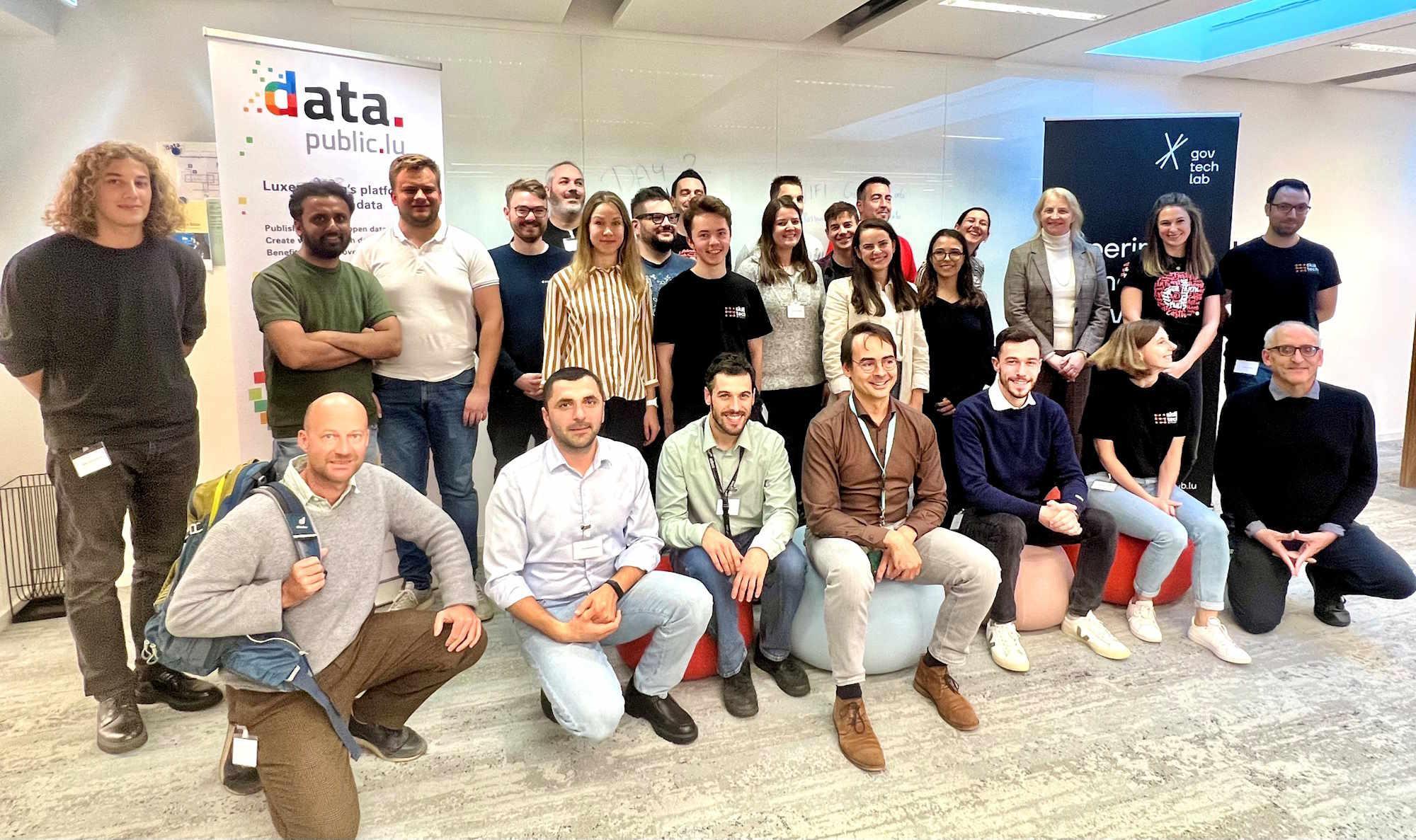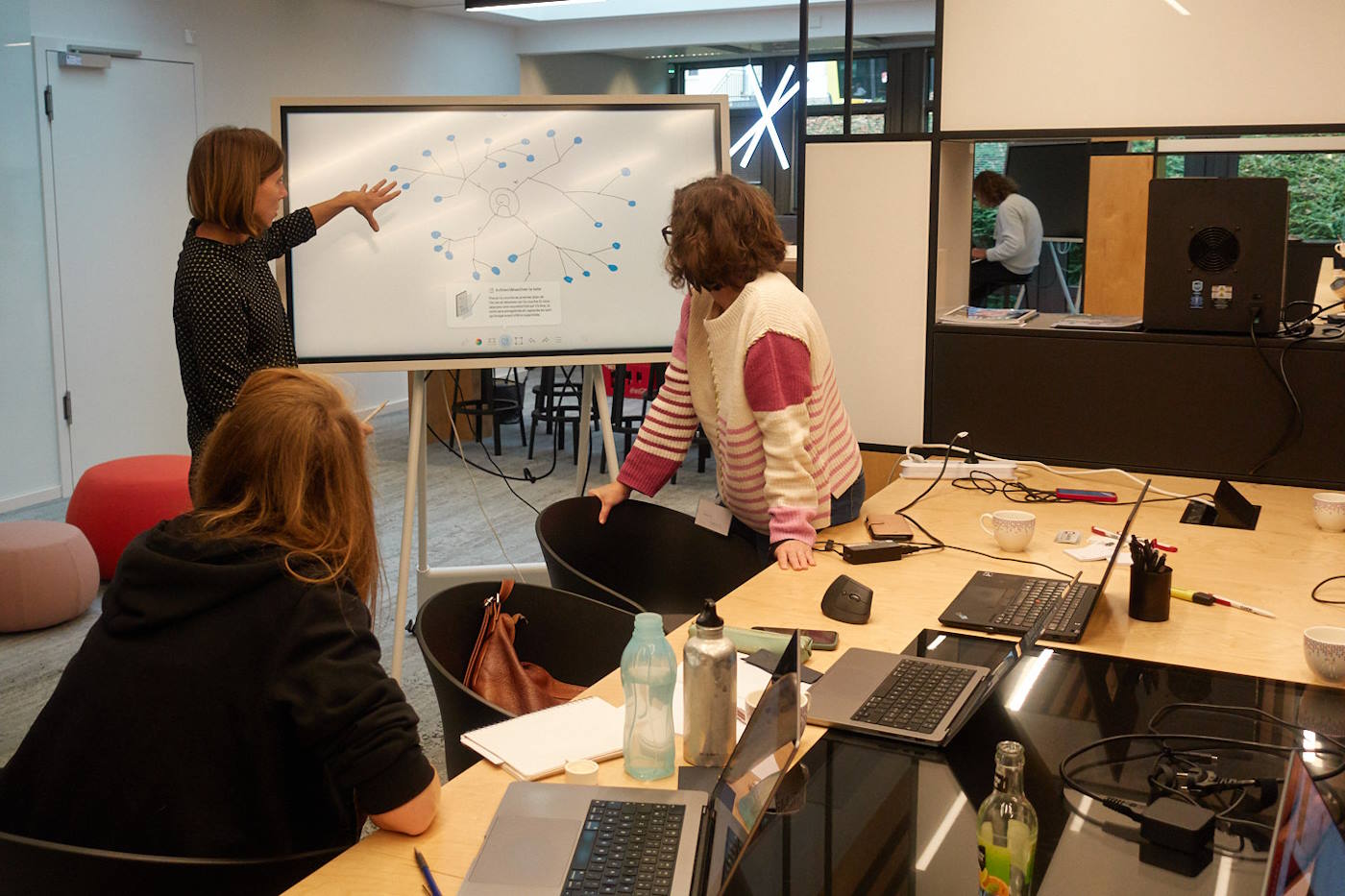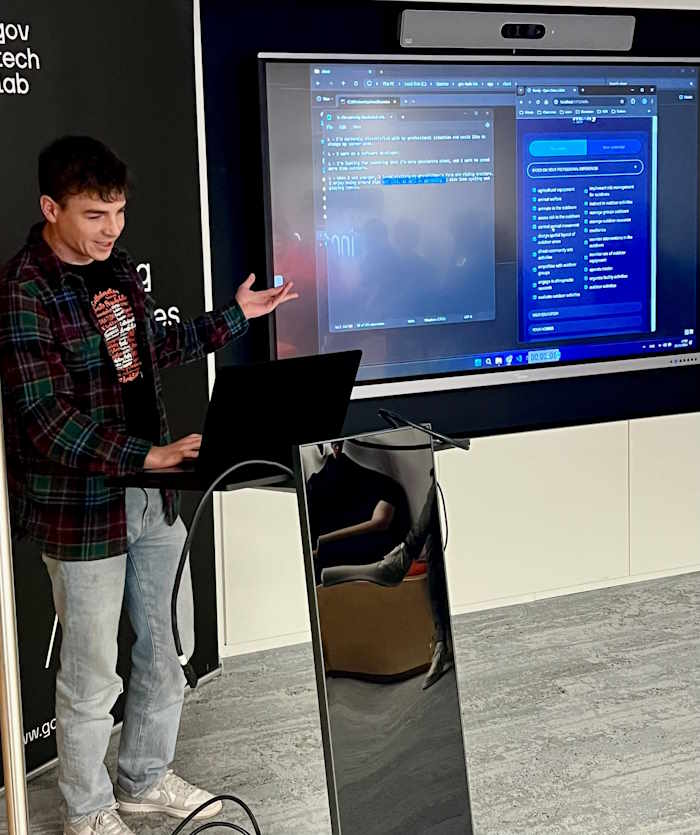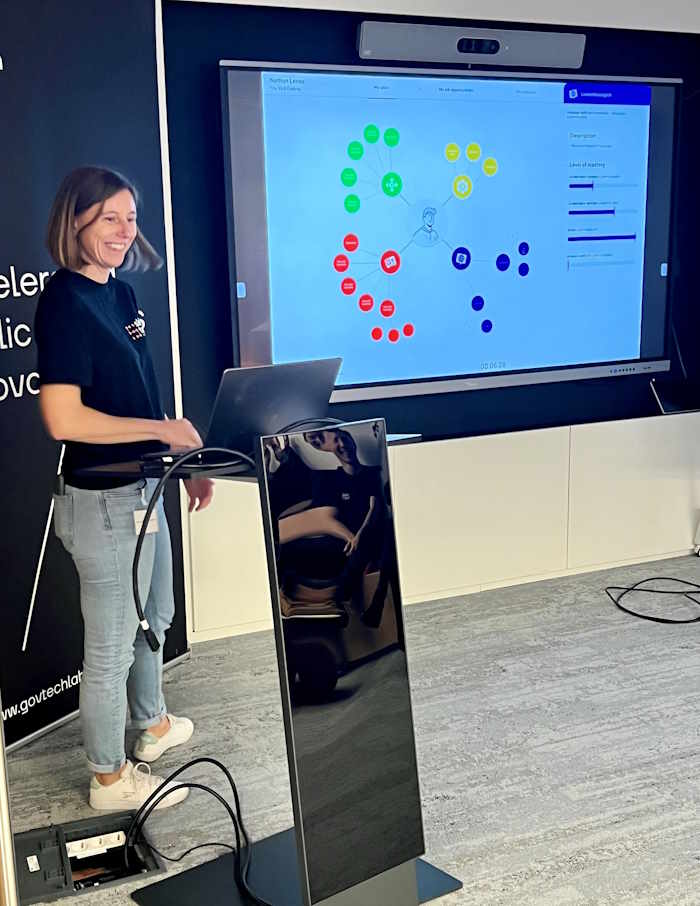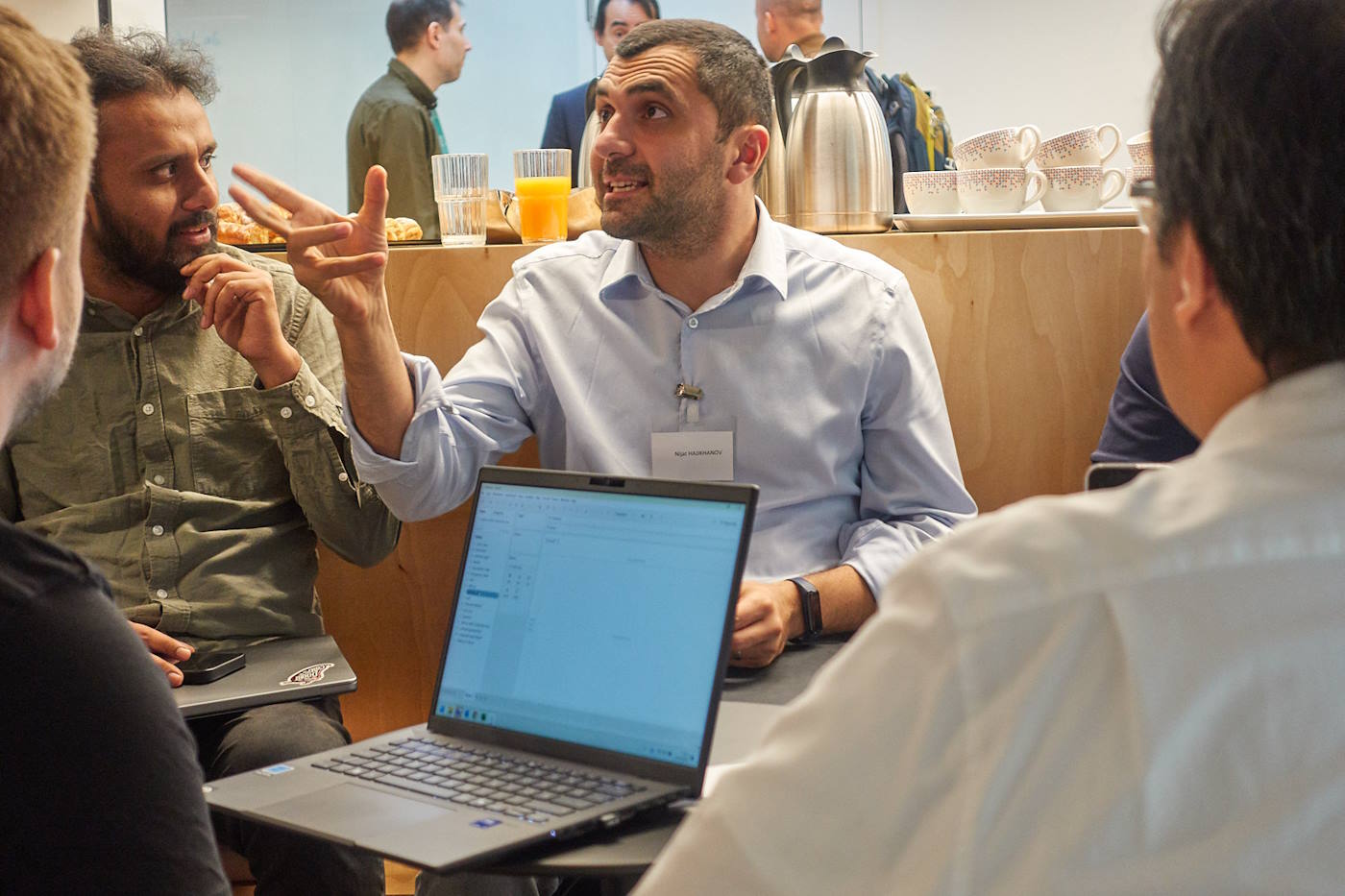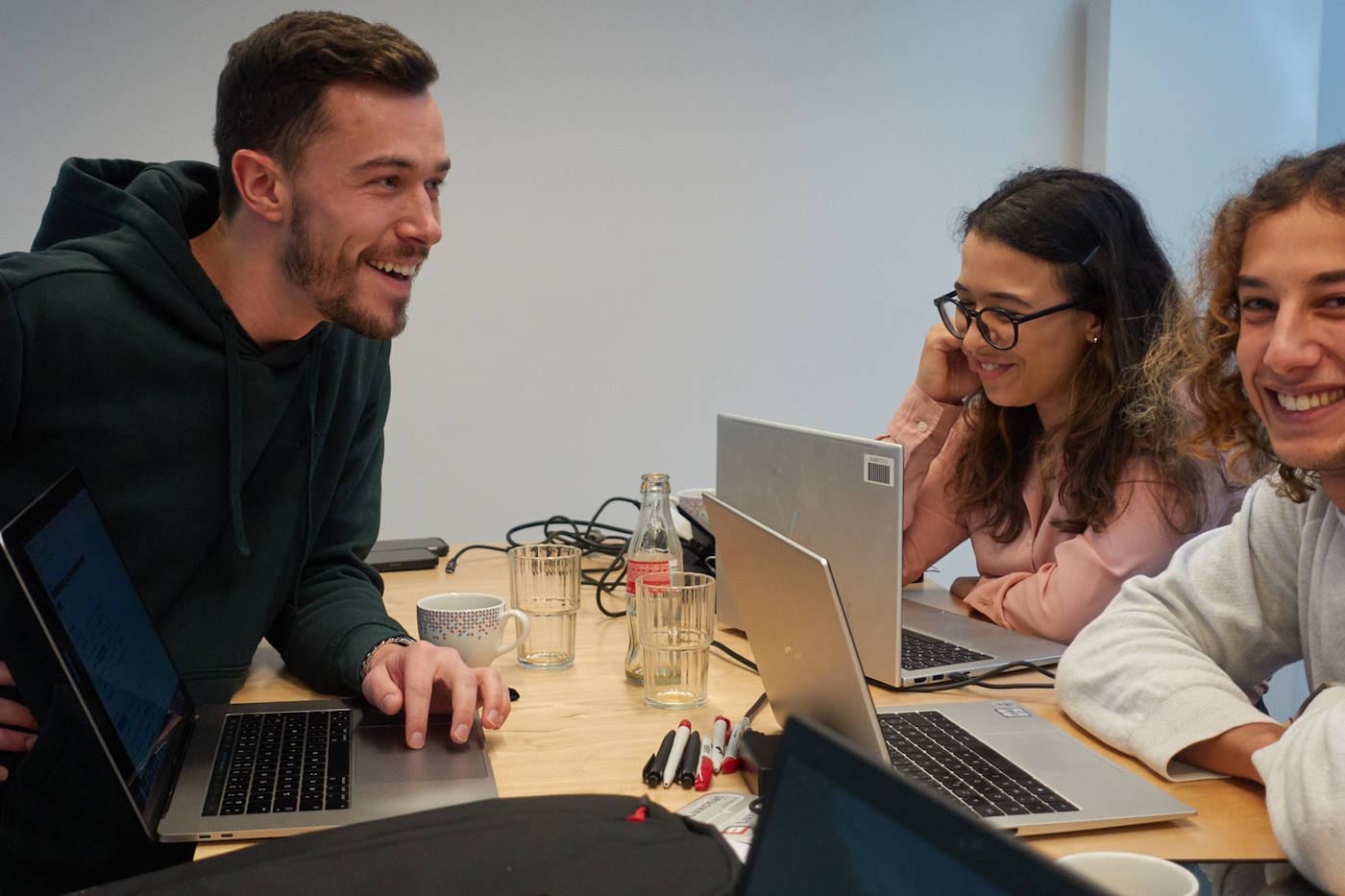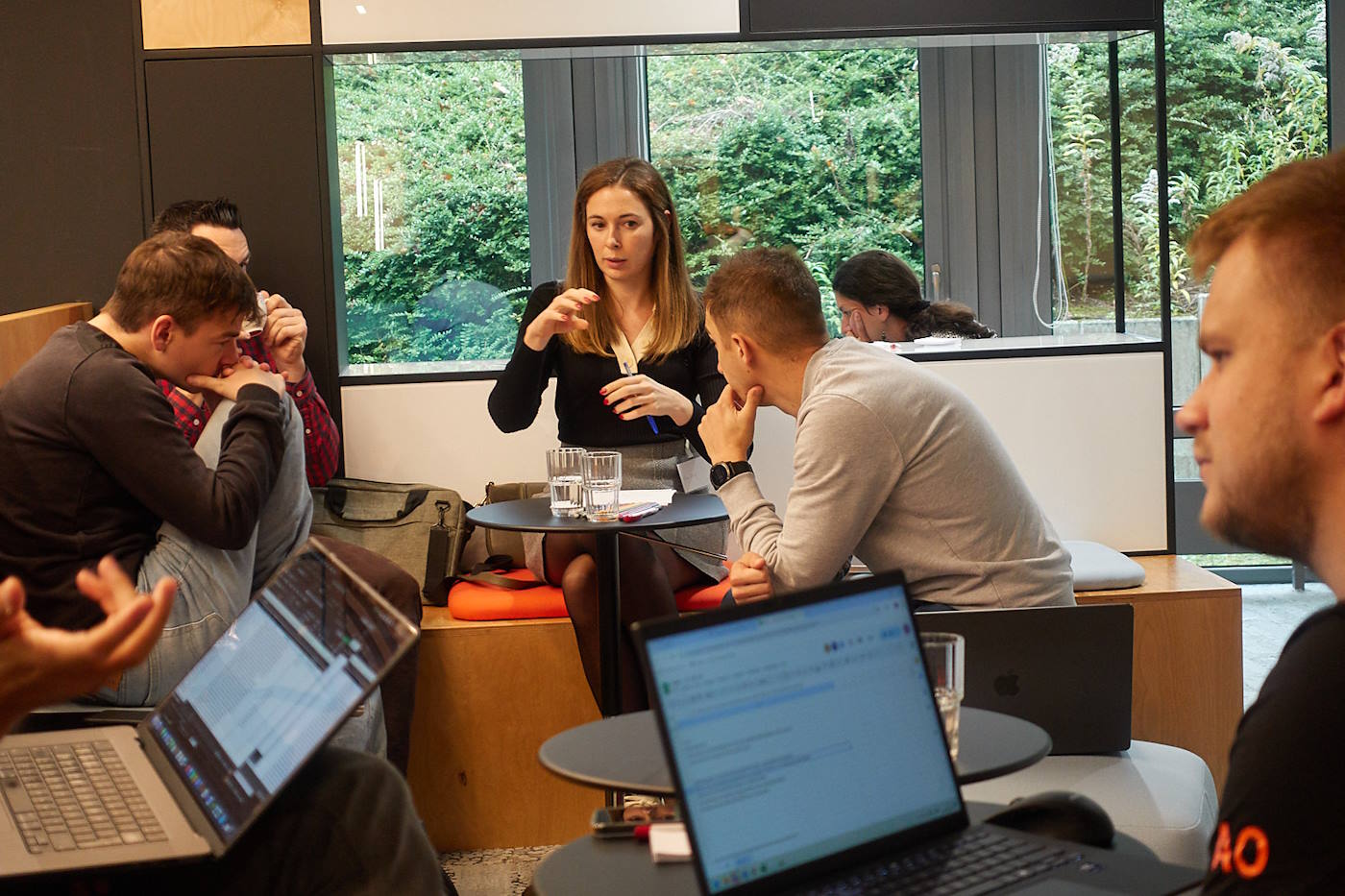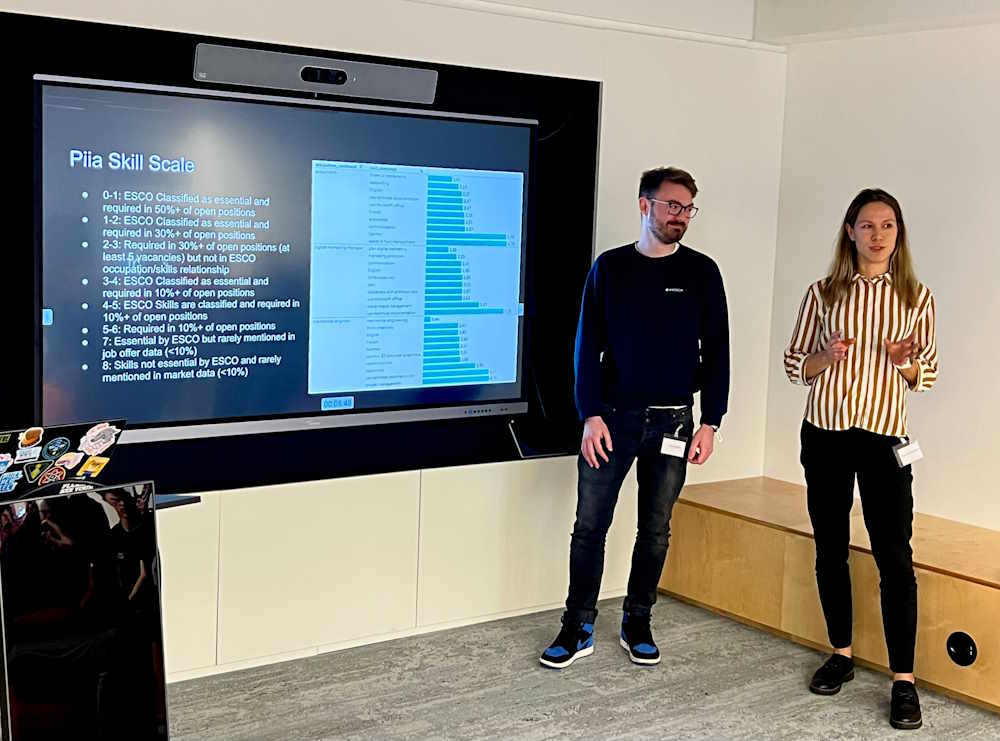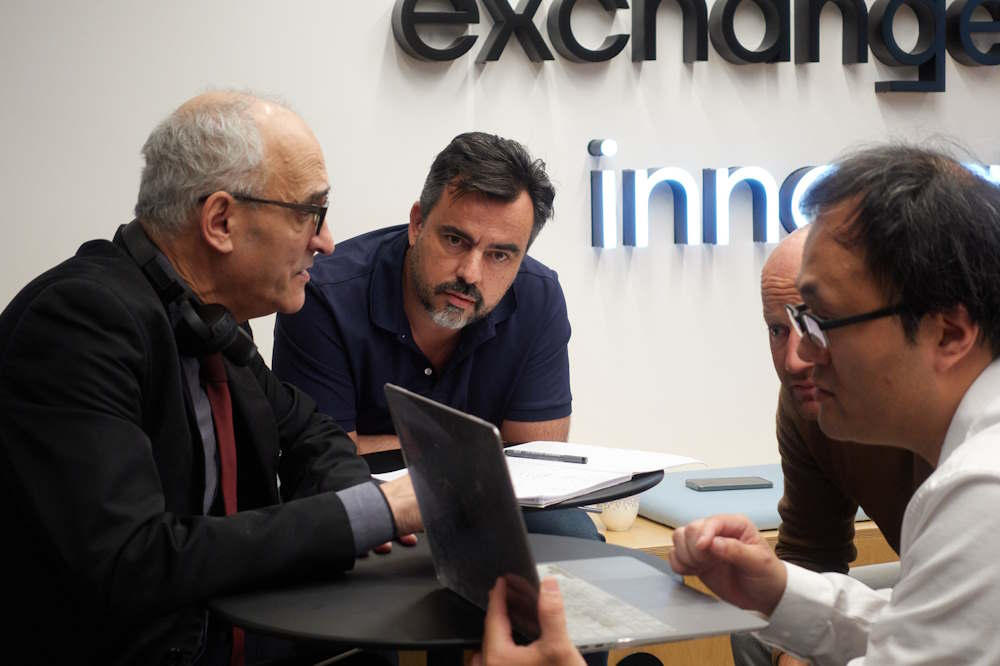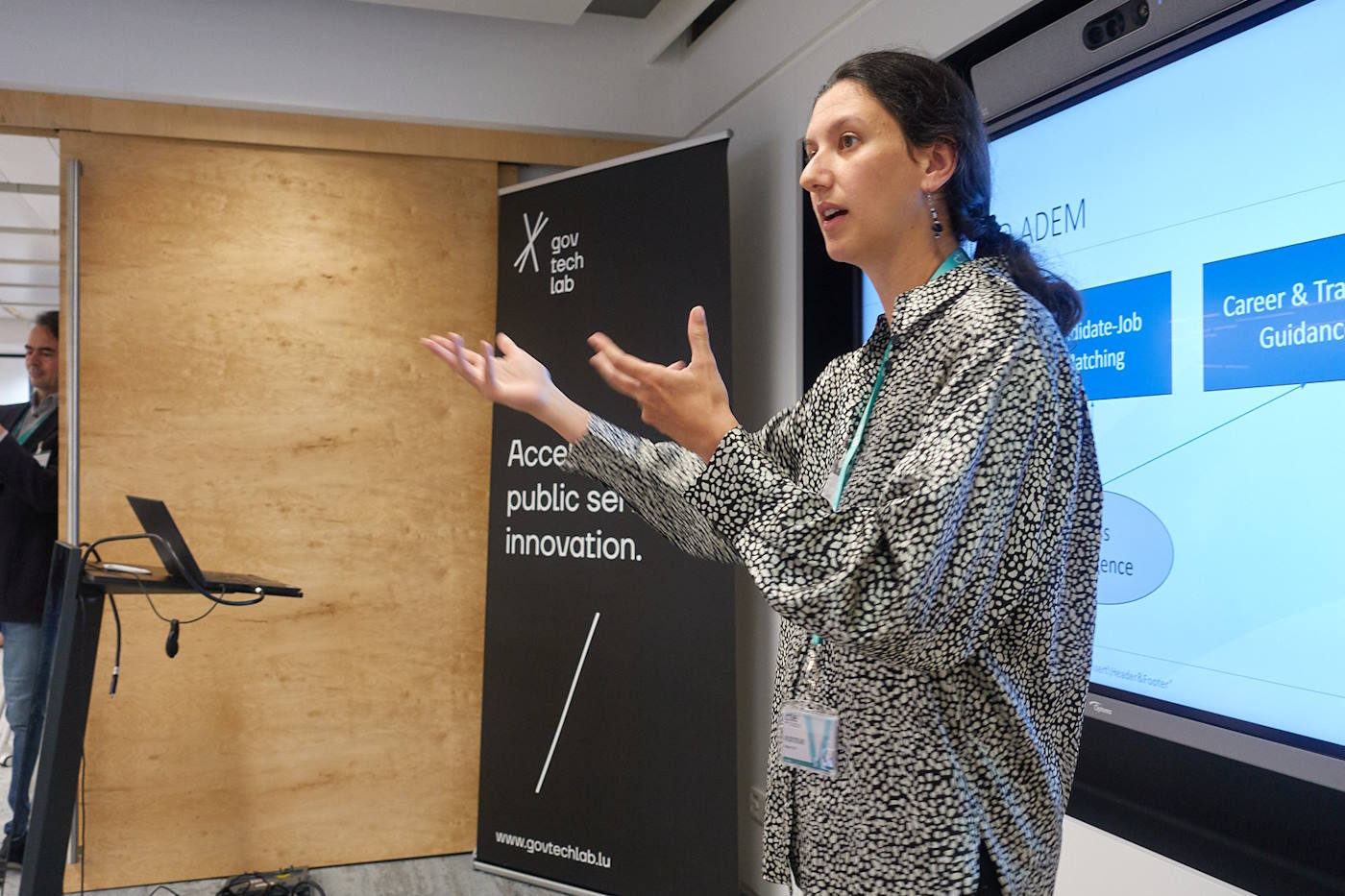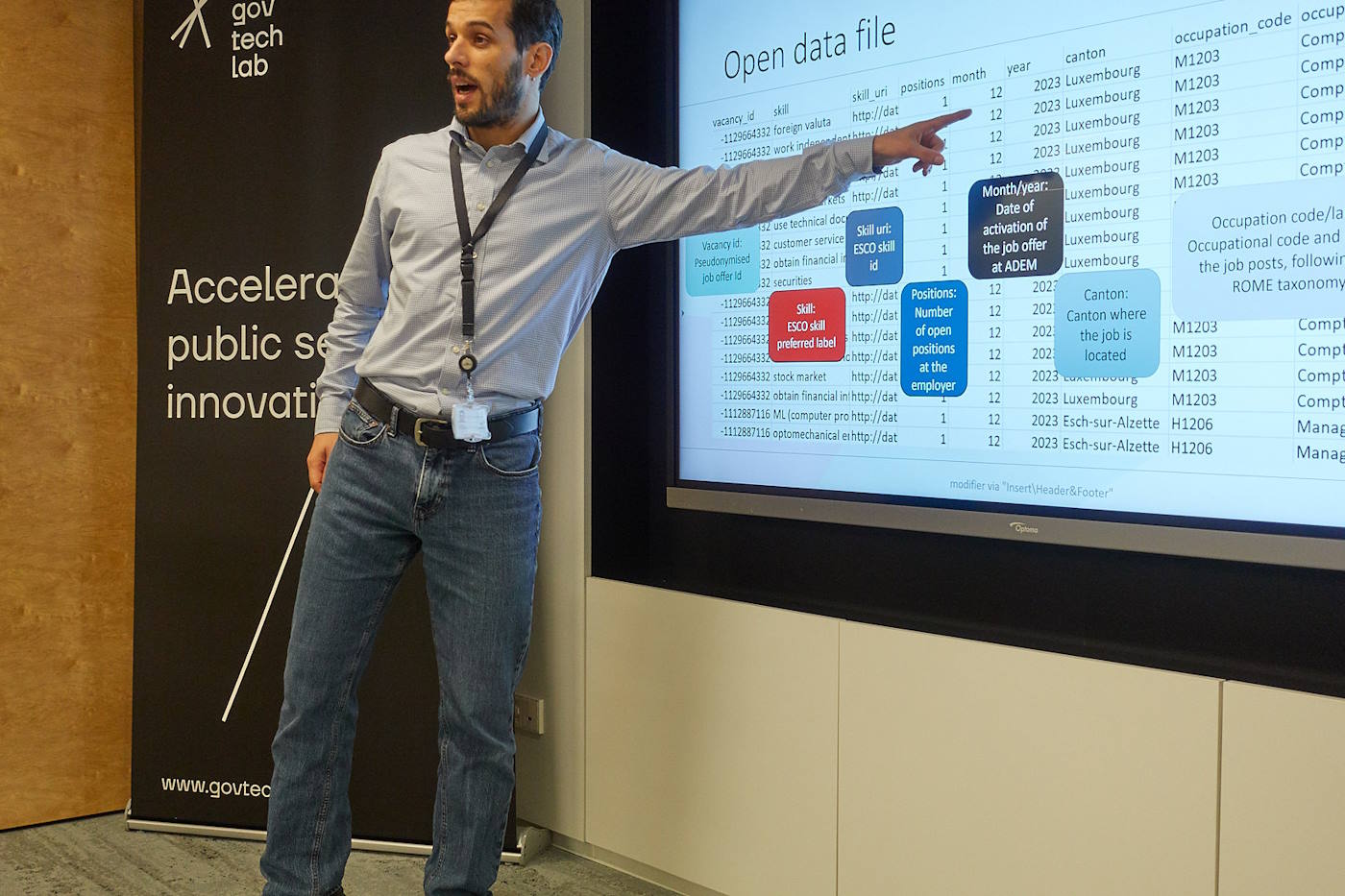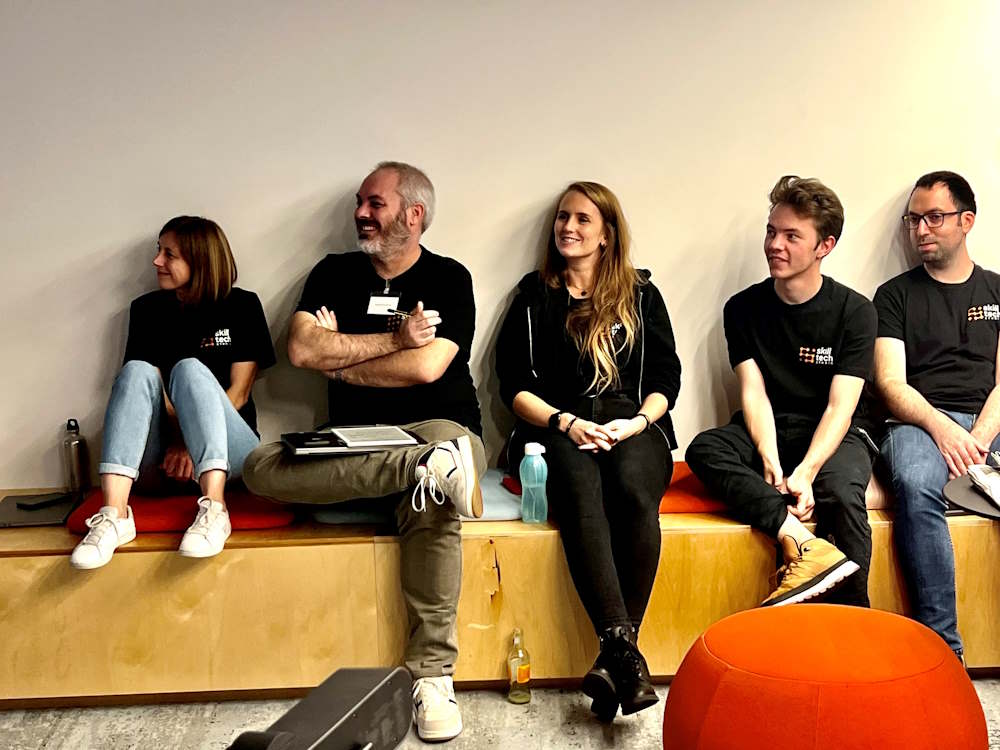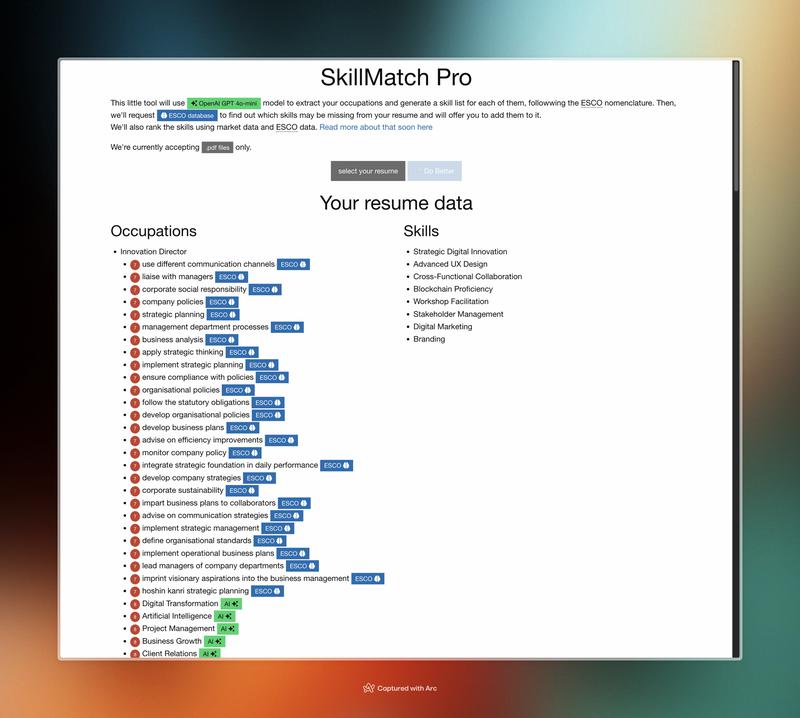Chiffres-clés de l'ADEM
Par Agence pour le développement de l'emploi
Les données détaillées sous-jacentes aux chiffres-clés mensuels de l'ADEM. Ce jeu de données fournit des informations sur les demandeurs d'emploi inscrits à l'Agence pour le développement de l'emploi (ADEM) et sur les postes vacants que les employeurs déclarent à l'ADEM. Les profils détaillés des…
Qualité des métadonnées :
Description des données renseignée
Fichiers documentés
Licence renseignée
Fréquence de mise à jour respectée
Formats de fichiers standards
Couverture temporelle non renseignée
Couverture spatiale non renseignée
Mis à jour il y a 5 jours

